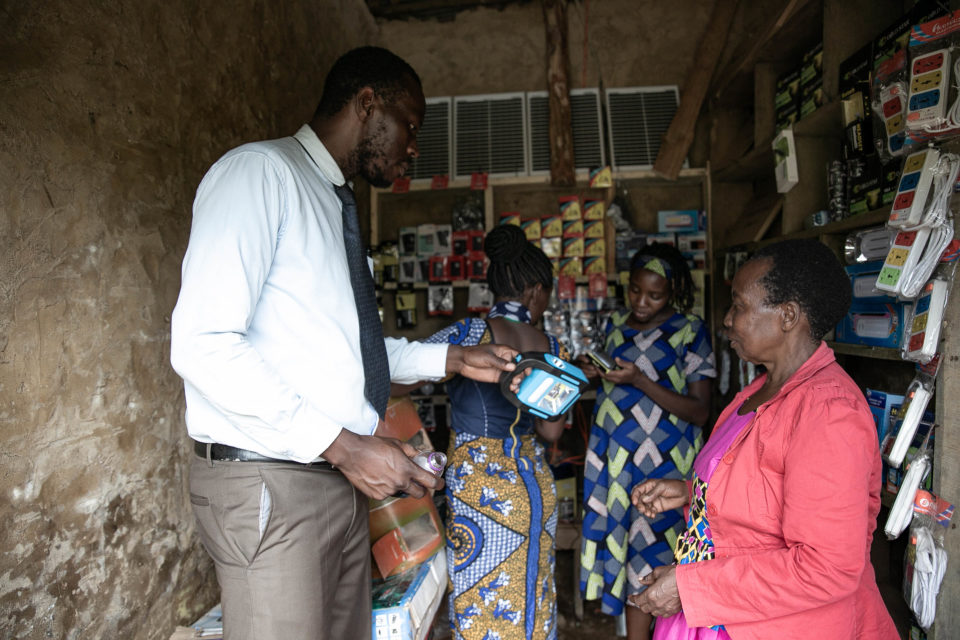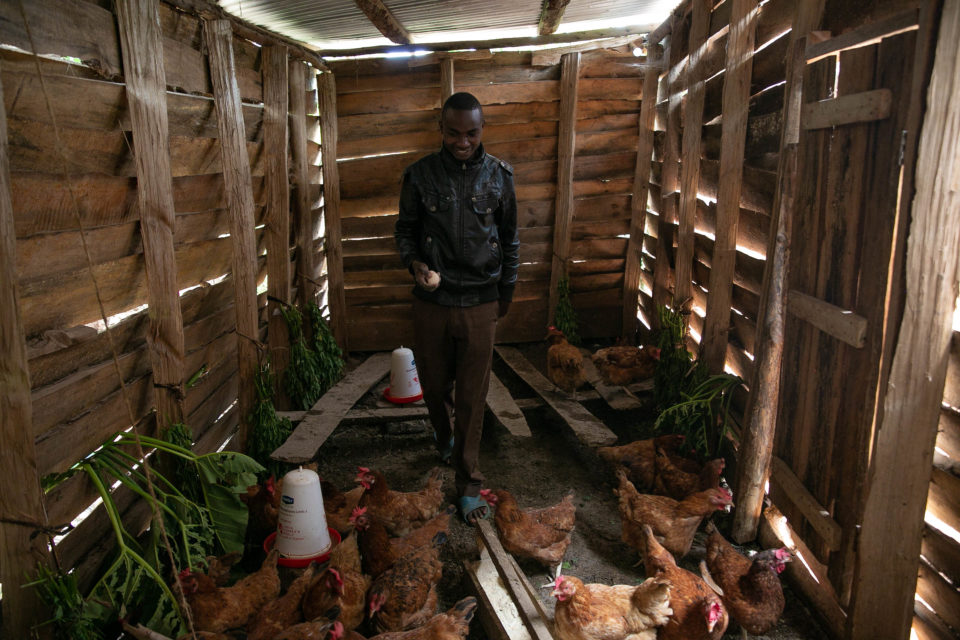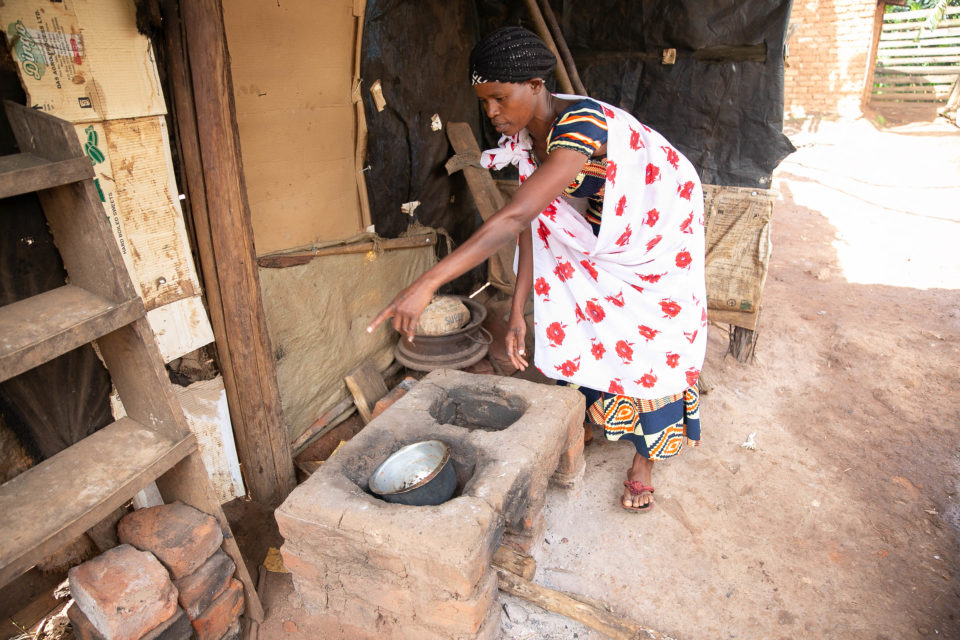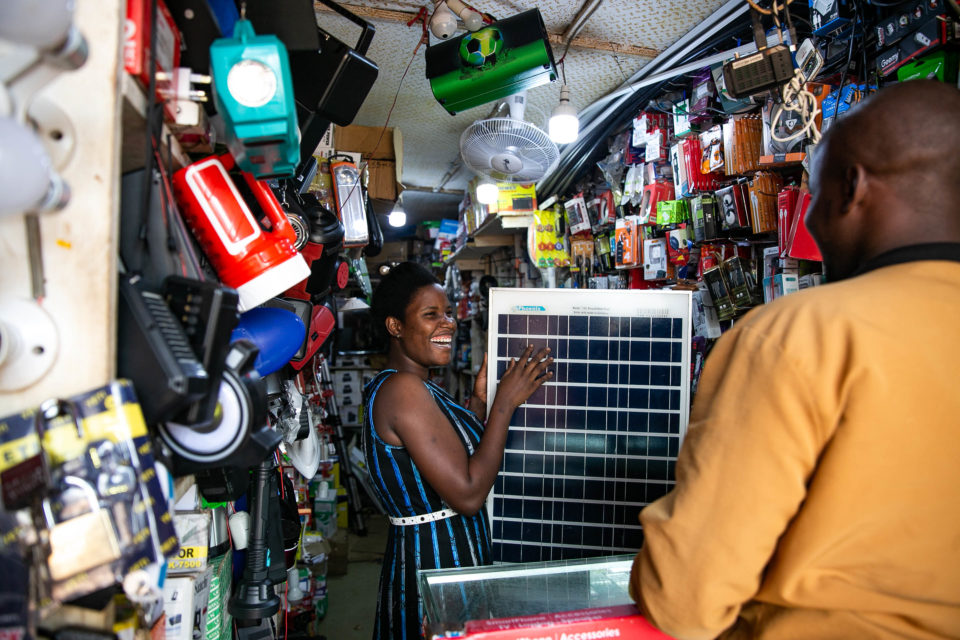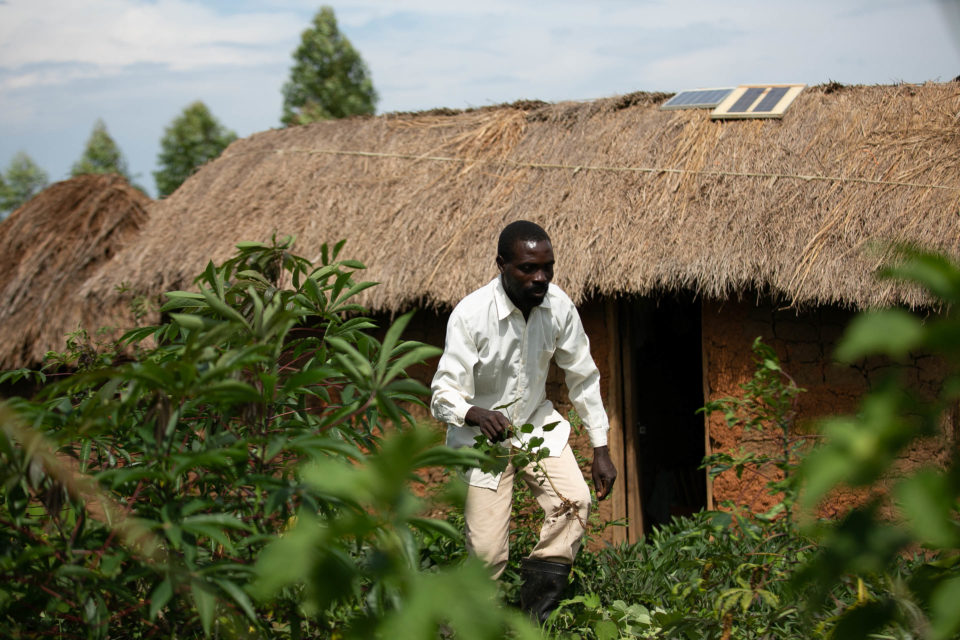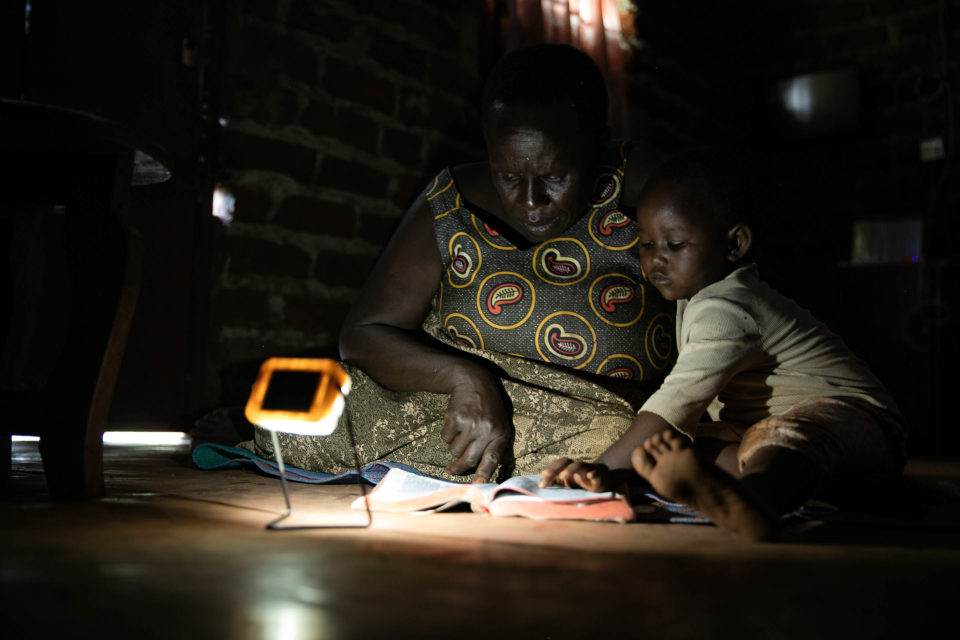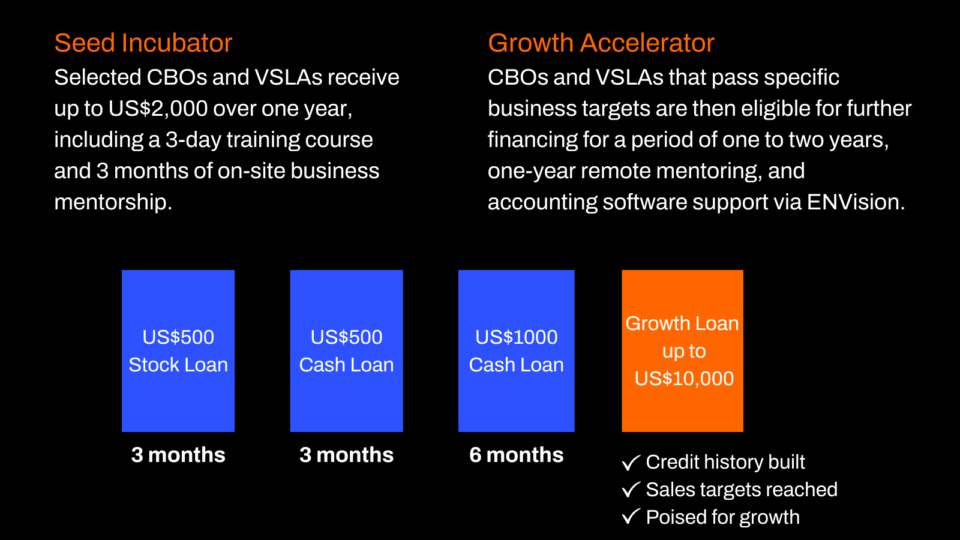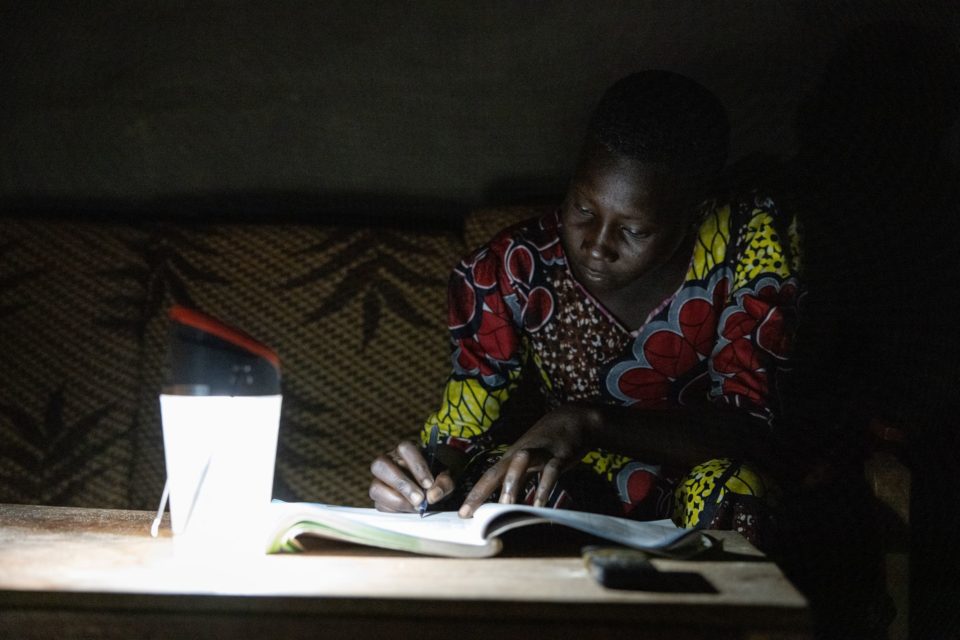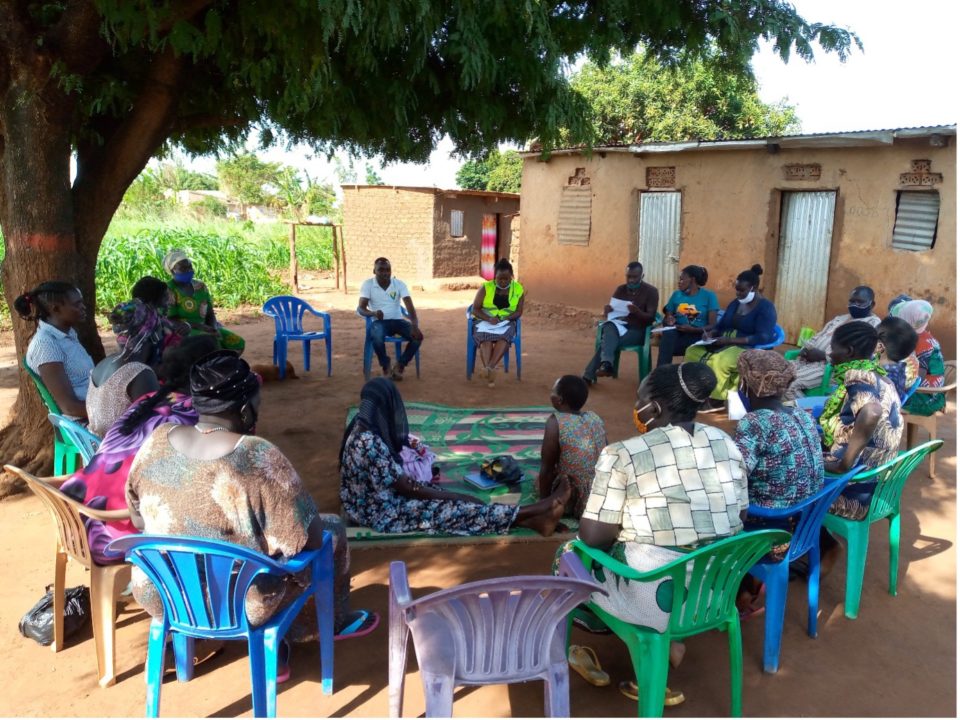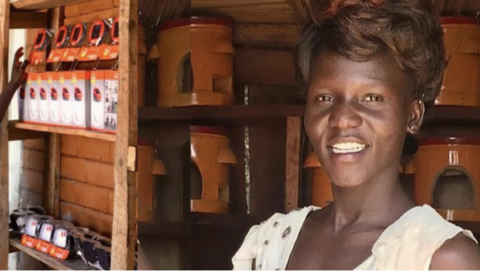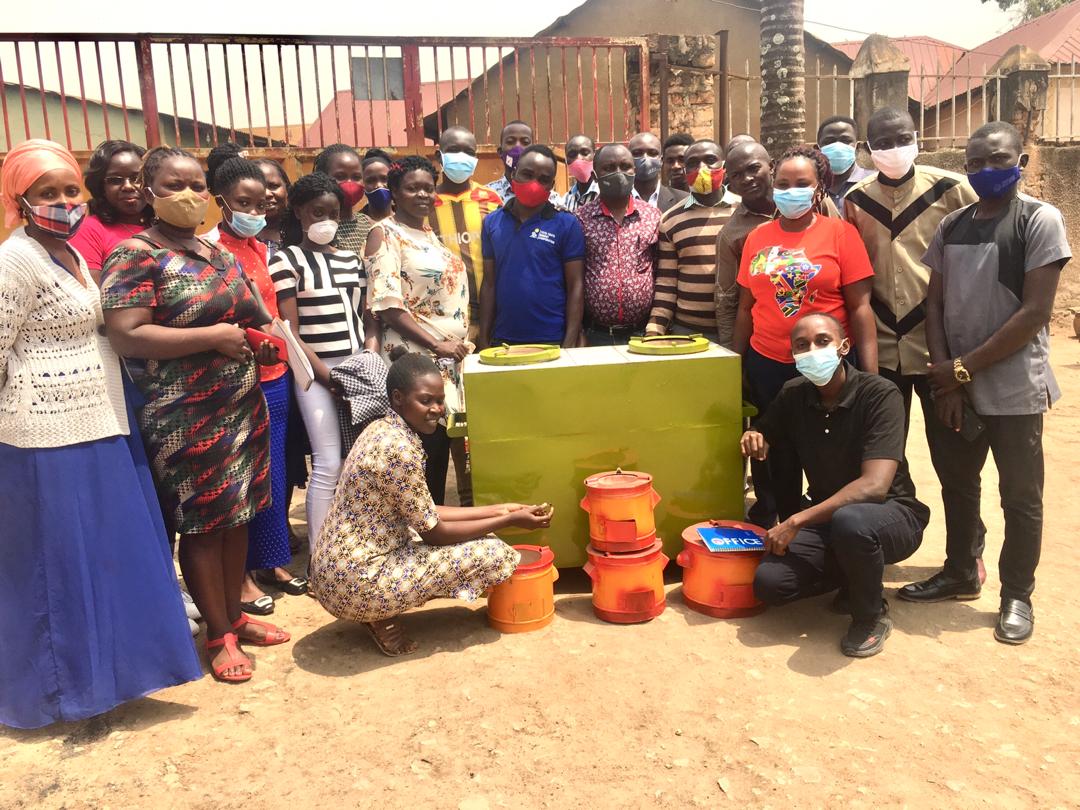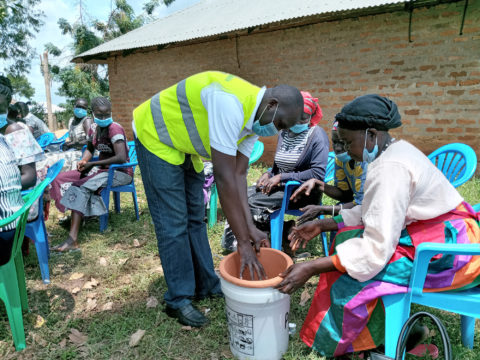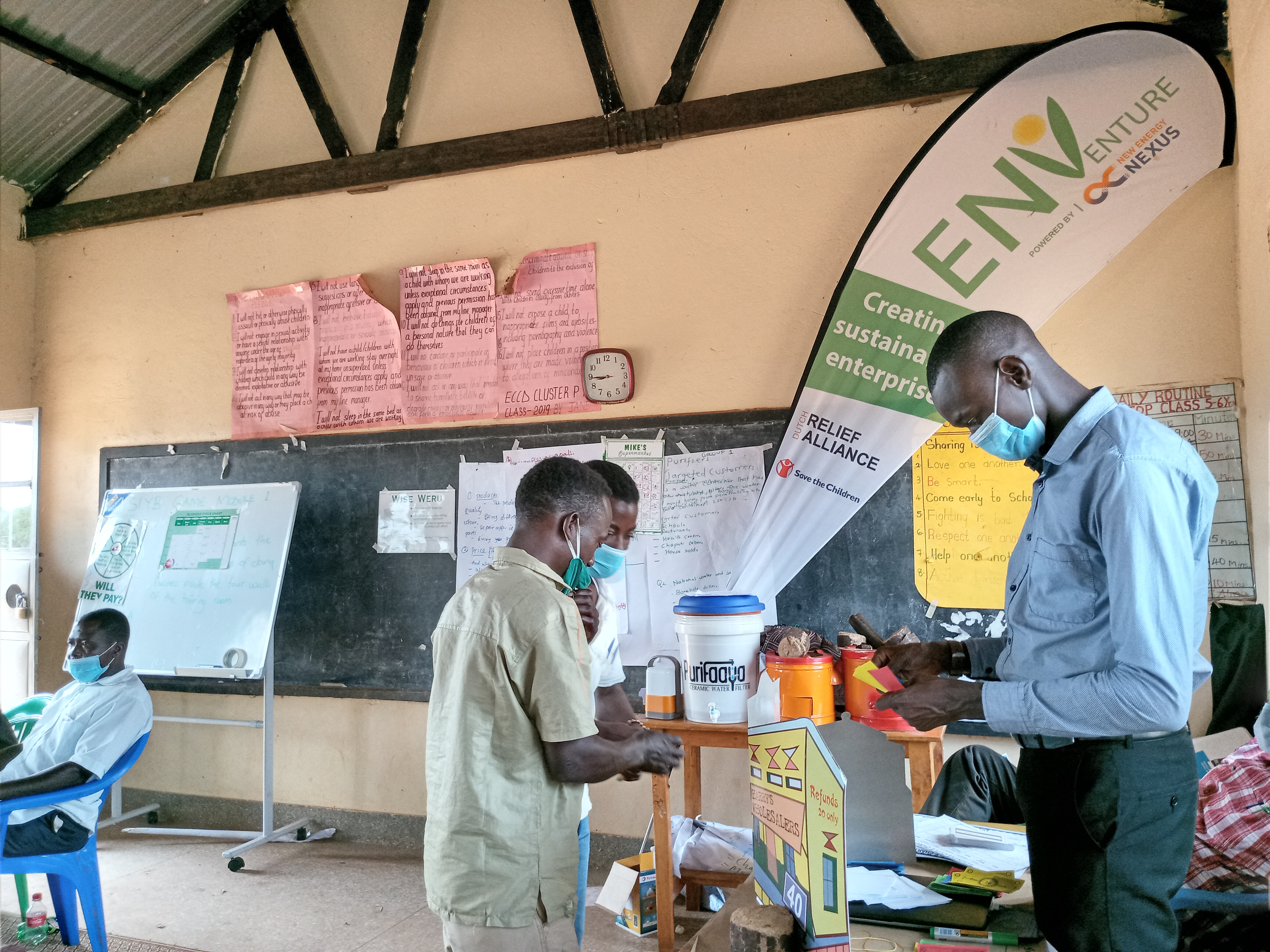By Julius Mujuni, Country Director – New Energy Nexus Uganda
I recently had the privilege of engaging with Otto Scharmer, a global thought leader in systems change. His call to adopt a systems thinking approach was a timely reminder of the complex and interconnected nature of energy access in Africa—and a rallying call to those of us working to address it.
For decades, a persistent and troubling figure has hovered over the sector: over 600 million people across Africa still live without access to electricity. We’ve seen incredible innovation—yet the challenge remains immense and deeply systemic.
Decades of innovation are laying the foundation
At New Energy Nexus Uganda, we have worked hard to meet this challenge. Over the past decade, models like Pay-As-You-Go (PAYGO) have enabled households to access solar technologies for the first time, especially in off-grid rural communities.
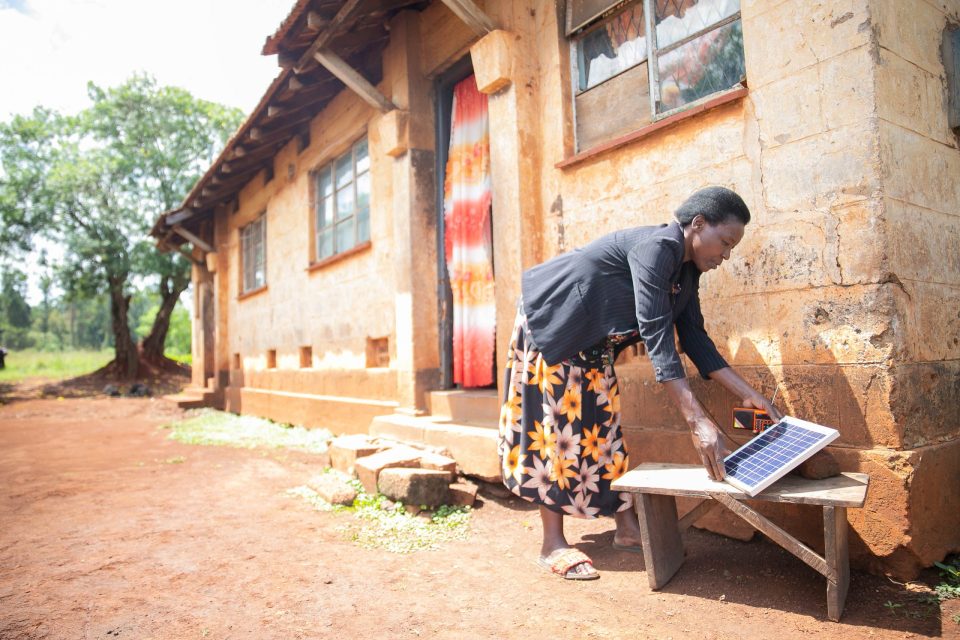
In rural Masindi District of Western Uganda, where access to electricity is very limited, a woman holds a solar panel that lights her home.
We’ve seen the catalytic role of micro finance institutions, helping families overcome high upfront costs. And through our own Results-Based Financing (RBF) program, we’ve delivered targeted support to Community-Based Organizations (CBOs) and Village Savings and Loan Associations (VSLAs)—trusted local actors uniquely positioned to drive last-mile distribution.
This approach is working:
- In 2023 alone, 19,200 people were connected with clean energy products and 1,117 green jobs were created.
- We’ve supported 654 entrepreneurs, 33% of whom are women.
- We partnered with over 200 CBOs and VSLAs, expanding access to solar lighting, clean cookstoves, water filters, and briquettes.
Why a systems lens matters
Otto’s insight reminded me that energy access isn’t an isolated issue—it’s intimately tied to income, resilience, and opportunity. Even when the grid reaches rural areas, low-income families often can’t afford electricity or use it productively.
So what if we centered productive use of energy—clean energy that directly powers livelihoods? What if access to Productive Use of Renewable Energy (PUE) technologies is the answer to low income earners getting sustainable access to other off-grid energy products? What if access to PUE technologies enables increased access to health services and other health related products?
The PURE program: Energy for income and impact
That’s what we’re testing through our PURE (Productive Use of Renewable Energy) initiative. This program is designed to empower rural entrepreneurs and farmers with income-generating, solar-powered assets like irrigation systems to increase agricultural output, milling machines to process produce locally, and other small-scale tools that can boost productivity.
We believe this approach can create a self-reinforcing cycle: energy drives income, income drives further adoption of other off-grid technologies up the energy ladder, and communities become more economically and environmentally resilient.
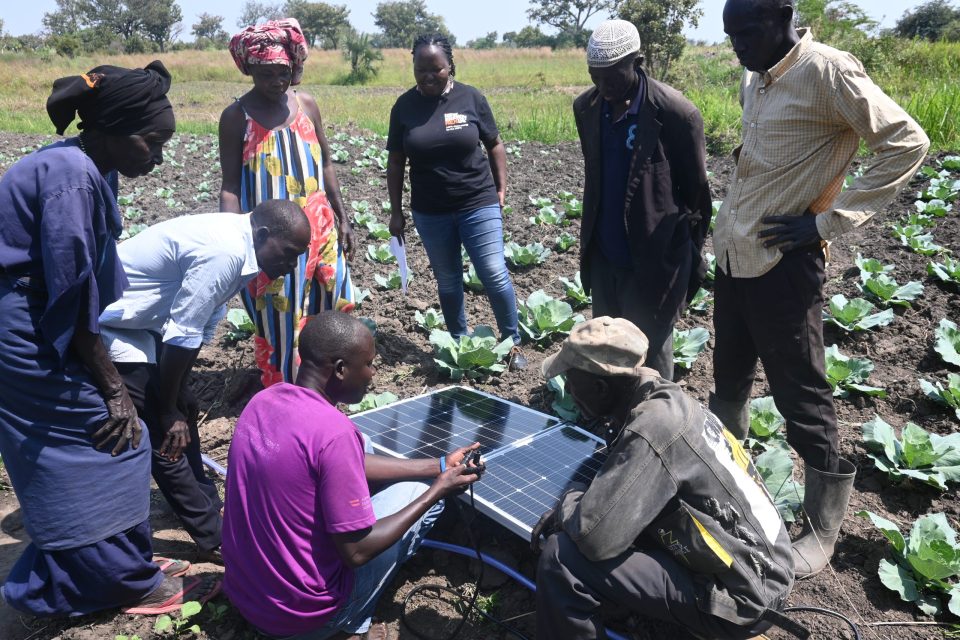
Asiazu Farmers’ Group in the West Nile region of Uganda receiving their solar-powered irrigation kit.
Community success stories: What’s already working
Take Utopia, a faith-based organization in western Uganda. With support from New Energy Nexus, they’ve:
- Brought clean energy products to over 9,800 people
- Launched an eco-tourism hub that distributes clean energy to surrounding communities
Or look at KISE (Kitara Community Seed for Transformation) in Hoima, which has delivered clean tech to over 1,000 households and helped families redirect energy savings toward education and health.
These are not just stories of technology distribution. They are case studies in systems change—where energy is an enabler, not the end goal.
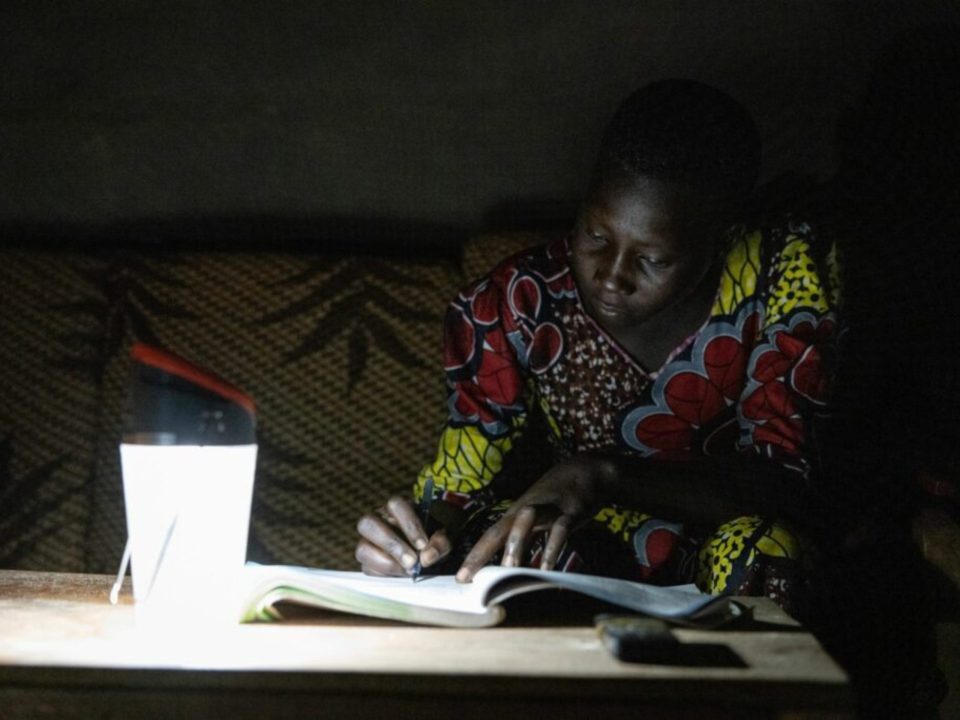
This solar lamp is her only source of light at night, in her home in rural Uganda.
A call to donors and funders: Help us go further
We know that unlocking Uganda’s clean energy future requires more than hardware. It requires patient, flexible capital, support for local leadership, and the willingness to fund models that may look different—but deliver a deeper, longer-term impact that leads to the growth of rural economies to tackle poverty, job creation, and inequality.
As we continue to gather evidence from our PURE pilots and deepen our partnerships with community led groups like CBOs and farmer groups, we invite funders and partners to join us in this journey. A journey that will enable us to create a business case for farmer groups and other entrepreneurs in off-grid communities to thrive and prosper as a result of running sustainable enterprises that use energy productively.
Let’s build an energy system that not only connects wires—but connects people to opportunity. Let’s go beyond access—toward income, equity, and resilience.
Learn more about New Energy Nexus Uganda.
